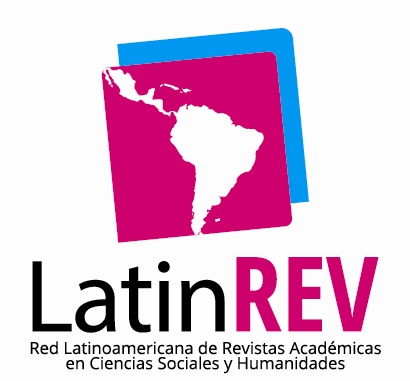Evil: A matter of Perspective
DOI:
https://doi.org/10.33975/disuq.vol12n1.1130Keywords:
Evil, Moral, Reason, WillAbstract
Discussing the idea of evil itself cannot be ignored its multiplicity of expressions. This article proposes to think about this concept from various dimensions of human endeavor, such as ethics, the weakness or strength of the human will, the idea of good, the praxis of evil, literary narratives, and the question about why our ability to commit injustices, of generating suffering in others, the nativism of evil within reason, the condition of human nature and its relationship with the achievement of one's own desire, the meta/narrative that exposes the legitimacy or legality of the empire of violence and determines what is tolerable or not, from thinkers such as Saint Augustine, Machiavelli, Hobbes, Kant, Schopenhauer, Spinoza, Bataille, Arendt, among others, to deduce that finally, talking about evil requires reflecting on violence human decision to act against the good.
References
Arendt, Hannah. Eichmann in Jerusalem. Un estudio sobre la banalidad del mal. Barcelona: Lumen, 1999.
Bataille, George. La literatura y el mal. Madrid: Taurus, 1987.
Baudelaire, Charles. Las flores del mal. Madrid: Millenium, 1999.
Castillo, Lucy. De la idealidad del bien y la realidad del mal. Hobbes, Kant y Schopenhauer sobre el mal moral y el bien común. Medellín: Universidad de Antioquia, instituto de estudios políticos, 2.002.
Glover, Jonathan. Humanity. A moral history of the Twentieth Century. New Haven: Yale University Press, 2001.
Herrera, Wilson (et al). Fuentes del mal. Bogotá: Biblioteca abierta, serie filosofía. Universidad Nacional de Colombia, 2012.
Kant, Immanuel. La metafísica de las costumbres. Madrid: Tecnos, 1989.
Kant, Immanuel. La religión dentro de los límites de la mera rázon. Madrid: Alianza editorial, 1981.
Hobbes, Thomas. El Leviatán: o la materia, forma y poder de una república eclesiástica y civil. Ciudad de México: Fondo de Cultura Económica, 1968.
Huhle, Rainer. “De Núremberg a la Haya: los crímenes de derechos humanos ante la justicia. Problemas, avances y perspectivas a los 60 años del tribunal militar internacional de Núremberg”. Revista análisis político, instituto de estudios políticos y relaciones internacionales. No.55 (2005): 20-38.
Labatut, Benjamin. Un verdor terrible. Barcelona: Anagrama, 2020.
Maquiavelo, Nicolás. Discurso sobre la primera década de Tito Livio. Buenos Aires: Losada, 2004.
Rigillo, Nicholas.“Informe de la ONU: las cifras de hambre mundial aumentaron hasta 828 millones en 2021”. https://es.wfp.org/noticias/informe-de-la-onu-las-cifras-de-hambre-mundial-aumentaron-hasta-828-millones-en-2021
San Agustín. Confesiones. Barcelona: Gredos, 2010.
San Pablo. “Carta a los Romanos”.
Spinoza, Baruch. Ética demostrada según el orden geométrico. Madrid: Trotta, 2000.
Schopenhauer, Arthur. Sobre la base de la moralidad. Nueva York: Providence Berghahn Books, 1995.

Downloads
Published
How to Cite
Issue
Section
License
Copyright (c) 2023 Revista Disertaciones

This work is licensed under a Creative Commons Attribution-NonCommercial-NoDerivatives 4.0 International License.














